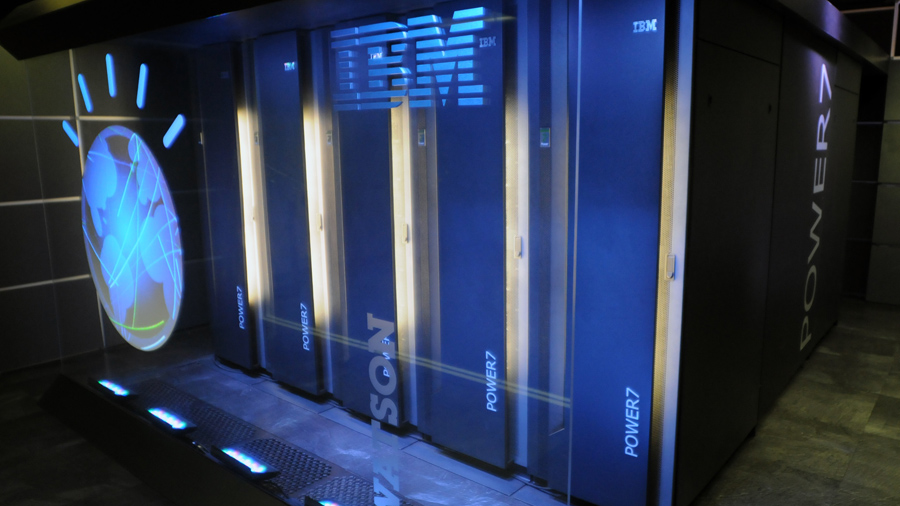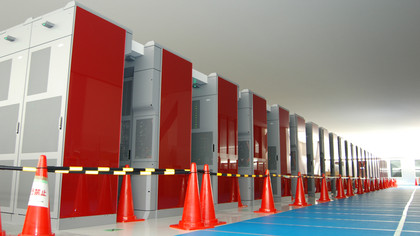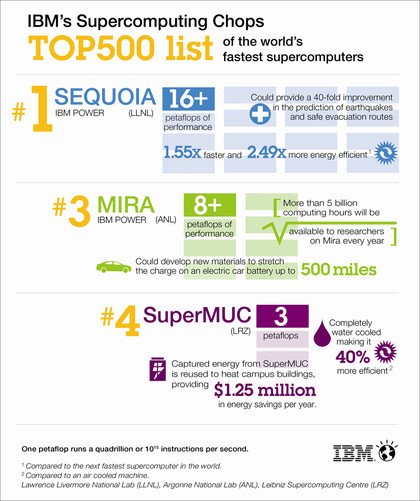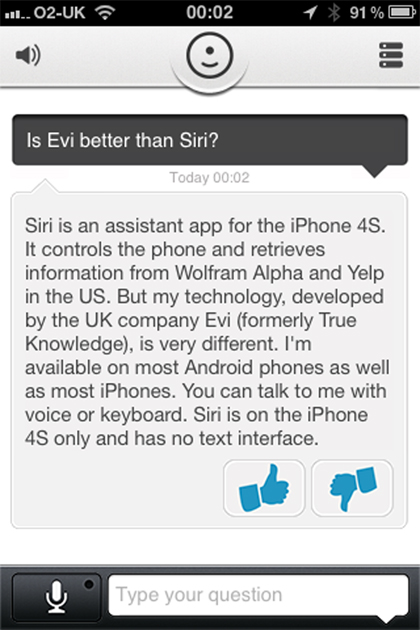Is artificial intelligence becoming a commodity?
Your phone is about to become a whole lot smarter

Artificial intelligence is fast becoming a pillar of the technology industry, but what is it?
Forget sentient computers and biological brains; this is about developing software that solves problems, though logic and knowledge are mere underlying traits. Some think AI could even save our species.
What is artificial intelligence?
Software. Some AI software is very specific (such as a reactive autopilot system), others more wide-ranging and ambitious, but all include some or all traits thought of as 'unnatural' for a man-made machine; reasoning, perception, social and cultural awareness … and learning.
It's that last one that will take us closer to the eventual goal of computers that boast 'general intelligence', and though we're not there yet, it's getting closer with supercomputer's like IBM's Watson.
Who is Watson?
The brainchild of computer scientists at IBM, Watson is a modular supercomputer made up of more than 90 servers and 16 terabytes of RAM. Watson is most famous for triumphing against human opponents in US quiz show Jeopardy a few years ago, and could have a pivotal role in the future of computing.
IBM is now working with voice recognition boffins at Nuance to make Watson into a 'super Siri' that can understand and apply its vast processing power to spoken questions and commands.
Slated for job of interpreting data in the medical and possibly financial industries from the cloud, Watson could eventually become a web resource for us all; cue 'cloud intelligence' of a supremely advanced kind.
Sign up to the TechRadar Pro newsletter to get all the top news, opinion, features and guidance your business needs to succeed!
What makes Watson different to other supercomputers?

"Hardware wise, there's not much," says tech analyst and ex-CTO of BT, Peter Cochrane. "It's the power of over 300 algorithms that it uses which makes the big difference." Watson is all about its smart learning software - called DeepQA - that can not just understand, but also interpret spoken or written questions.
"The hardware is a set of fairly conventional high-end IBM machines linked together," says Steve Furber, IEEE Fellow and the ICL Professor of Computer Engineering at the University of Manchester. "The software co-ordinates high-speed search of vast knowledge databases, with a specific, impressive, but rather narrow goal."
Why do we need a supercomputer?
Most of us don't - yet - though Watson isn't trying to replace unreliable sources of information but rather interpret data. Masses of it. Medical and financial companies are drowning in data that at present goes unanalysed, and desperately need an automated way of sifting it, sorting it and, most importantly, using it to make business decisions.
Being able to detect patterns in data ought to aid stockbrokers in predicting share prices, but it goes further than mere gambling; supercomputers like Watson won't just uncover patterns, but use probability to calculate future data - and learn from it.
Are there other Watsons?

"There are lots of supercomputers, but none is as good as Watson by a long way," says Cochrane. "Right now, Watson is on his own." Other supercomputers installed in laboratories around the world – which are tracked by the Top500 Project – include Jaguar, Fujitsu's K Computer, and a trio also from IBM: Sequoia, Mira and SuperMUC.
"The nearest thing I can think of to Watson is Apple's Siri and the Android equivalent," says Furber, who's talking about applications, and who also mentions Siri-slayer Evi (pronounced 'eevee').
With AI voice apps sending data to rivals' systems, it's no wonder IBM has banned its staff from using Siri at work.
What is Evi?

Like Siri - newly improved for iOS6 - Evi is an app for voice search on both iOS and Android that's taking artificial intelligence into the mainstream by allowing quick mobile search.
Like Siri - but available on all models of iPhone, as well as Android phones - Evi lets users make calls, send emails or text messages as well as search the web for local restaurants, businesses and services. It's made by True Knowledge, a Cambridge, UK-based company, and has been installed one million times from iTunes and Google Play since its launch in January this year.
Jamie is a freelance tech, travel and space journalist based in the UK. He’s been writing regularly for Techradar since it was launched in 2008 and also writes regularly for Forbes, The Telegraph, the South China Morning Post, Sky & Telescope and the Sky At Night magazine as well as other Future titles T3, Digital Camera World, All About Space and Space.com. He also edits two of his own websites, TravGear.com and WhenIsTheNextEclipse.com that reflect his obsession with travel gear and solar eclipse travel. He is the author of A Stargazing Program For Beginners (Springer, 2015),
